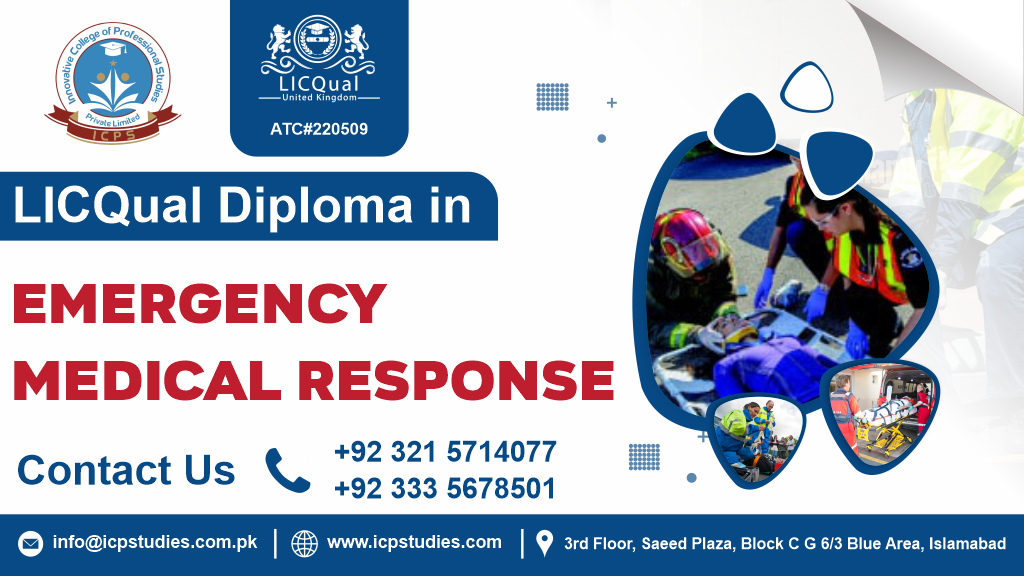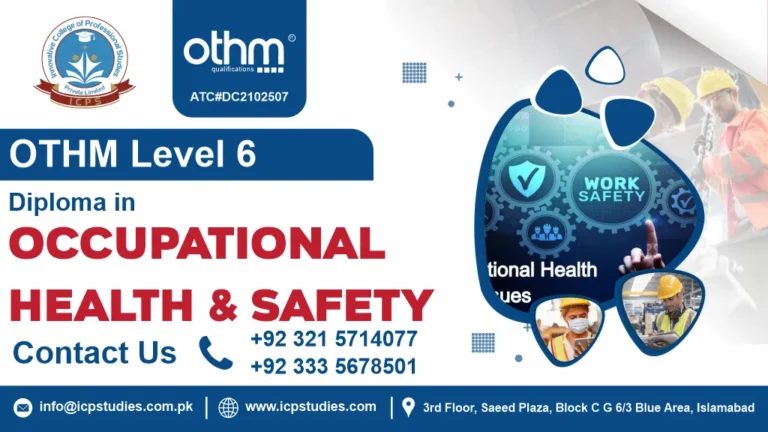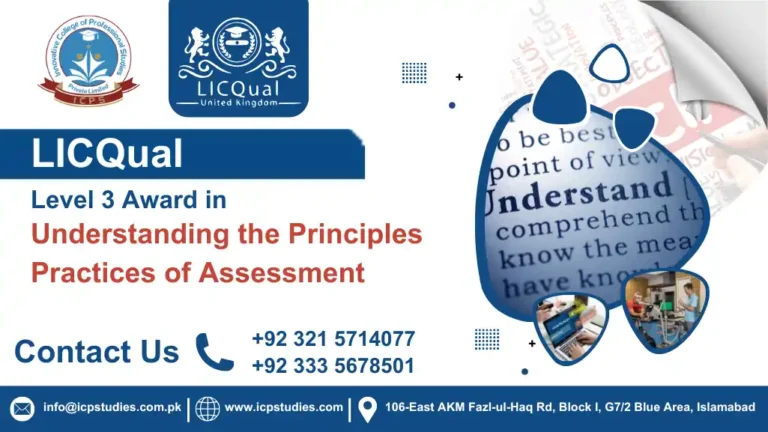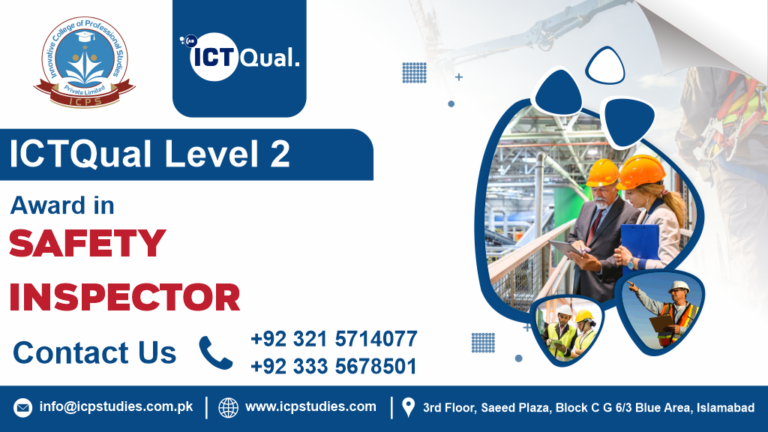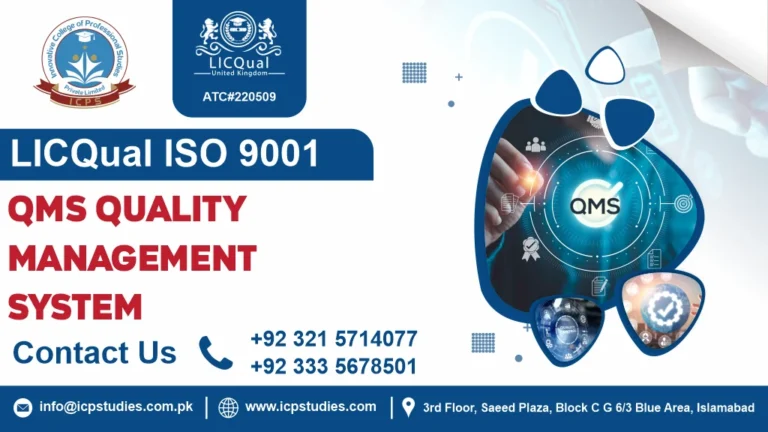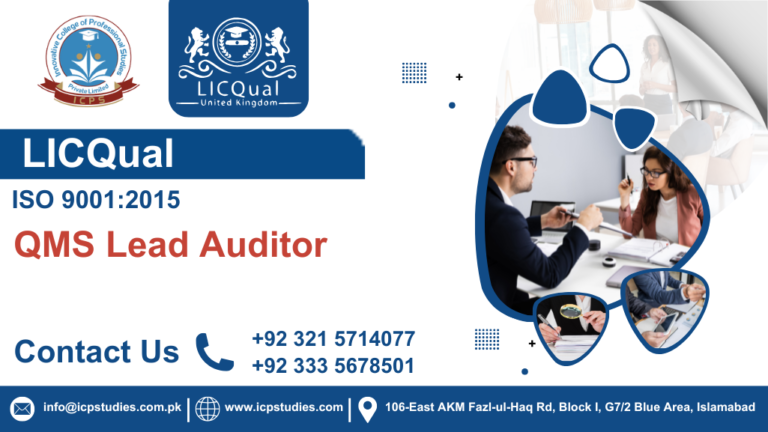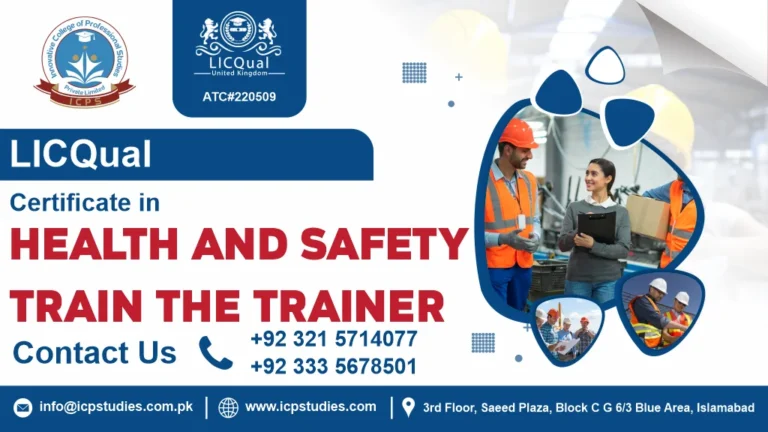Are you ready to make a difference in critical situations? Imagine being the first responder in an emergency, equipped not just with knowledge but with confidence and expertise. Introducing the LICQual Diploma in Emergency Medical Response – your gateway to becoming a proficient and highly skilled professional in the field of emergency medical services.
Our diploma program covers a diverse array of topics essential for emergency medical response, including:
- Basic life support techniques
- Advanced life support protocols
- Trauma management
- Emergency childbirth
- Disaster preparedness and response
- Communication and leadership skills in high-pressure situations
We understand that everyone’s schedule is different. That’s why we offer flexible learning options to accommodate your needs. Whether you prefer traditional classroom instruction, online learning modules, or a combination of both, we have a solution that works for you. Our goal is to make quality education accessible to everyone, regardless of their location or circumstances.
When you enroll in our diploma program, you’re not just a student – you’re part of the LICQual community. Connect with like-minded individuals who share your passion for helping others and learn from experienced professionals who are dedicated to your success. Our alumni network spans the globe, providing opportunities for networking, mentorship, and ongoing professional development.
Don’t wait for an emergency to realize the importance of advanced first aid training in the workplace.. Enroll now in the LICQual Level 4 Award in First Aid at Work and become a certified first aid responder who can make a real difference when it matters most. Invest in your skills, protect your colleagues, and ensure a safer, healthier work environment for everyone.
All About Diploma in Emergency Medical Response
Course Overview
The LICQual Diploma in Emergency Medical Response is a comprehensive training program designed to equip individuals with the knowledge, skills, and confidence needed to effectively respond to a wide range of emergency situations. Developed by experts in the field of emergency medicine and medical education, this diploma course covers essential topics related to basic and advanced life support, trauma management, emergency childbirth, disaster preparedness, and more.
Participants learn essential skills such as cardiopulmonary resuscitation (CPR), airway management, and the use of automated external defibrillators (AEDs) to provide immediate care to individuals experiencing cardiac arrest or respiratory distress.
Advanced techniques and protocols for managing complex medical emergencies, including advanced airway management, intravenous (IV) access, medication administration, and cardiac monitoring.
Training in assisting with childbirth in emergency situations, including recognizing signs of labor, providing emotional support to the mother, and managing complications such as postpartum hemorrhage.
Strategies for preparing for and responding to mass casualty incidents, natural disasters, and other emergencies, including triage techniques, resource management, and coordination with other emergency responders and agencies.
The LICQual Diploma in Emergency Medical Response emphasizes hands-on training through practical demonstrations, simulated scenarios, and real-life case studies. Participants have the opportunity to apply their knowledge and skills in a controlled yet realistic environment, under the guidance of experienced instructors.
Upon successful completion of the program, participants receive a diploma certification from LICQual, validating their competency in emergency medical response. Whether pursuing a career in emergency services, advancing in a current role, or simply seeking to be better prepared to respond to emergencies in their community, graduates of the LICQual Diploma are equipped to make a positive impact and save lives when it matters most.
Study Units
Learning Outcomes
Here are the outcomes for each study unit:
- Introduction to Emergency Medical Response:
- Understand the importance of prompt and effective emergency medical response.
- Identify key components of the emergency medical services (EMS) system.
- Describe the roles and responsibilities of emergency responders.
- Medical Emergencies:
- Recognize common medical emergencies such as cardiac arrest, stroke, diabetic emergencies, and allergic reactions.
- Demonstrate proficiency in assessing and managing medical emergencies according to established protocols.
- Apply appropriate interventions to stabilize patients with medical emergencies.
- Trauma Management:
- Identify types of traumatic injuries and their associated complications.
- Demonstrate proficiency in conducting primary and secondary assessments of trauma patients.
- Implement evidence-based trauma management techniques, including hemorrhage control, splinting, and spinal immobilization.
- Pediatric and Obstetric Emergencies:
- Describe unique considerations in assessing and managing pediatric and obstetric emergencies.
- Demonstrate proficiency in providing age-appropriate care to pediatric patients.
- Apply specialized techniques for managing obstetric emergencies, including childbirth and complications during pregnancy and delivery.
- Specialized Emergency Situations:
- Identify specialized emergency situations such as hazardous materials incidents, water-related emergencies, and structural collapses.
- Demonstrate proficiency in assessing risks and implementing appropriate safety measures in specialized emergency scenarios.
- Collaborate effectively with other emergency responders and agencies to mitigate risks and provide optimal patient care.
- Pre-hospital Care and Emergency Transport:
- Understand the principles of pre-hospital care and the role of emergency medical services in patient transport.
- Demonstrate proficiency in providing initial stabilization and treatment to patients at the scene of an emergency.
- Safely and effectively transfer patients to appropriate medical facilities while providing ongoing care en route.
- Team Leadership and Communication:
- Develop effective communication skills for coordinating care and managing team dynamics in high-pressure situations.
- Demonstrate leadership abilities in directing emergency response efforts and prioritizing patient care.
- Foster a collaborative and supportive team environment to optimize outcomes for patients and responders alike.
By mastering the outcomes of each study unit, participants will be well-equipped to handle a wide range of emergency situations with confidence, competence, and compassion.
Admission Criteria
Here are the entry requirements for the LICQual Diploma in Emergency Medical Response:
- Minimum Age: Applicants must be at least 18 years old at the time of enrollment.
- Educational Background: A high school diploma or equivalent is typically required for admission. However, exceptions may be made for individuals with relevant work experience or other qualifications deemed equivalent by the admissions committee.
- Language Proficiency: Proficiency in the language of instruction (e.g., English) is essential to successfully engage with course materials, participate in discussions, and complete assessments. Applicants may be required to provide evidence of language proficiency through standardized tests or other means.
- Health and Physical Fitness: Due to the physically demanding nature of emergency medical response, applicants should be in good health and physical condition. This includes the ability to perform tasks such as lifting, carrying, and administering first aid maneuvers without significant limitations or health concerns.
- Criminal Background Check: Depending on the requirements of the program and the jurisdictions in which training will take place, applicants may be required to undergo a criminal background check or provide evidence of good character and conduct.
- Immunizations and Health Screenings: To ensure the safety of participants and those they may come into contact with during training, applicants may be required to provide documentation of up-to-date immunizations and undergo health screenings as specified by the program or regulatory authorities.
- Basic Life Support (BLS) Certification: While not always mandatory for admission, applicants with current certification in basic life support (e.g., CPR and AED) may be given preference during the selection process. Alternatively, applicants may be required to obtain BLS certification prior to starting the program.
- Personal Statement or Interview: Some programs may require applicants to submit a personal statement outlining their reasons for pursuing the diploma in emergency medical response, relevant experience, and career goals. In some cases, applicants may also be invited to participate in an interview as part of the admissions process.
Meeting these entry requirements helps ensure that participants are adequately prepared to undertake the rigorous training and responsibilities associated with emergency medical response. Additionally, fulfilling these criteria helps create a safe and supportive learning environment for all participants.
Ideal Candidate
This course is ideal for:
- Aspiring Emergency Medical Technicians (EMTs): Individuals who are interested in pursuing a career as an EMT or paramedic can benefit greatly from the comprehensive training provided in this diploma program. It serves as an excellent foundation for further education and certification in the field of emergency medical services.
- Healthcare Professionals: Nurses, physicians, physician assistants, and other healthcare professionals who want to enhance their skills in emergency medical response will find this course valuable. It provides additional training specific to pre-hospital care and emergency situations that may not be covered extensively in their primary education or training.
- Firefighters and First Responders: Firefighters, police officers, and other first responders often encounter medical emergencies as part of their duties. This course equips them with the necessary medical knowledge and skills to provide immediate assistance until specialized medical personnel arrive on the scene.
- Emergency Response Volunteers: Individuals who volunteer with organizations such as the Red Cross, community emergency response teams (CERTs), or disaster relief agencies can benefit from the comprehensive training provided in this course. It prepares them to respond effectively to a wide range of emergencies in their communities.
- Military Personnel: Military personnel, including medics and combat lifesavers, can enhance their emergency medical skills through this course. The training provided is applicable to both military and civilian emergency situations, ensuring that they are well-prepared to respond to medical emergencies in any context.
- Safety and Security Professionals: Professionals working in industries such as security, industrial safety, and event management may encounter medical emergencies in the course of their work. This course provides them with the knowledge and skills needed to respond effectively and ensure the safety and well-being of those in their care.
- Community Members: Individuals who simply want to be better prepared to respond to emergencies in their daily lives or within their communities can benefit from the practical skills and knowledge gained through this course. Whether they are parents, teachers, coaches, or concerned citizens, this training empowers them to make a positive difference in emergency situations.
Overall, the LICQual Diploma in Emergency Medical Response is suitable for anyone who is committed to learning how to effectively respond to medical emergencies and is dedicated to the well-being and safety of others.
FAQs about Diploma in Emergency Medical Response

